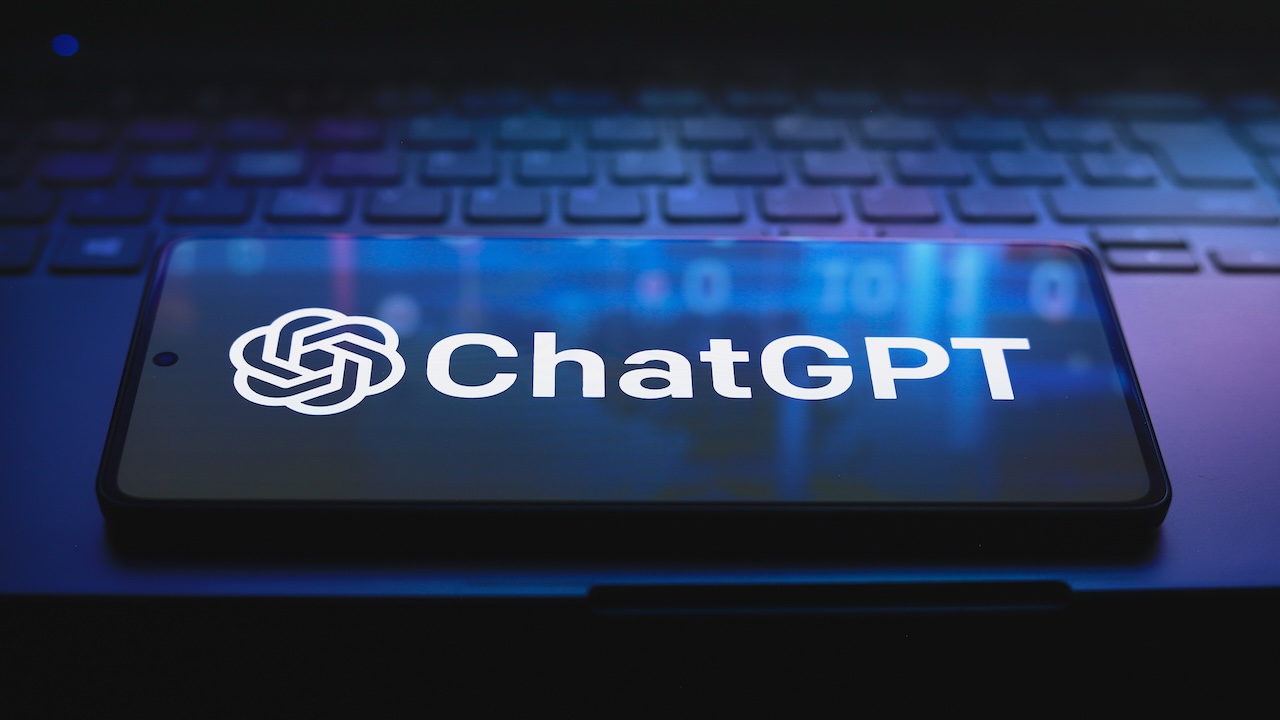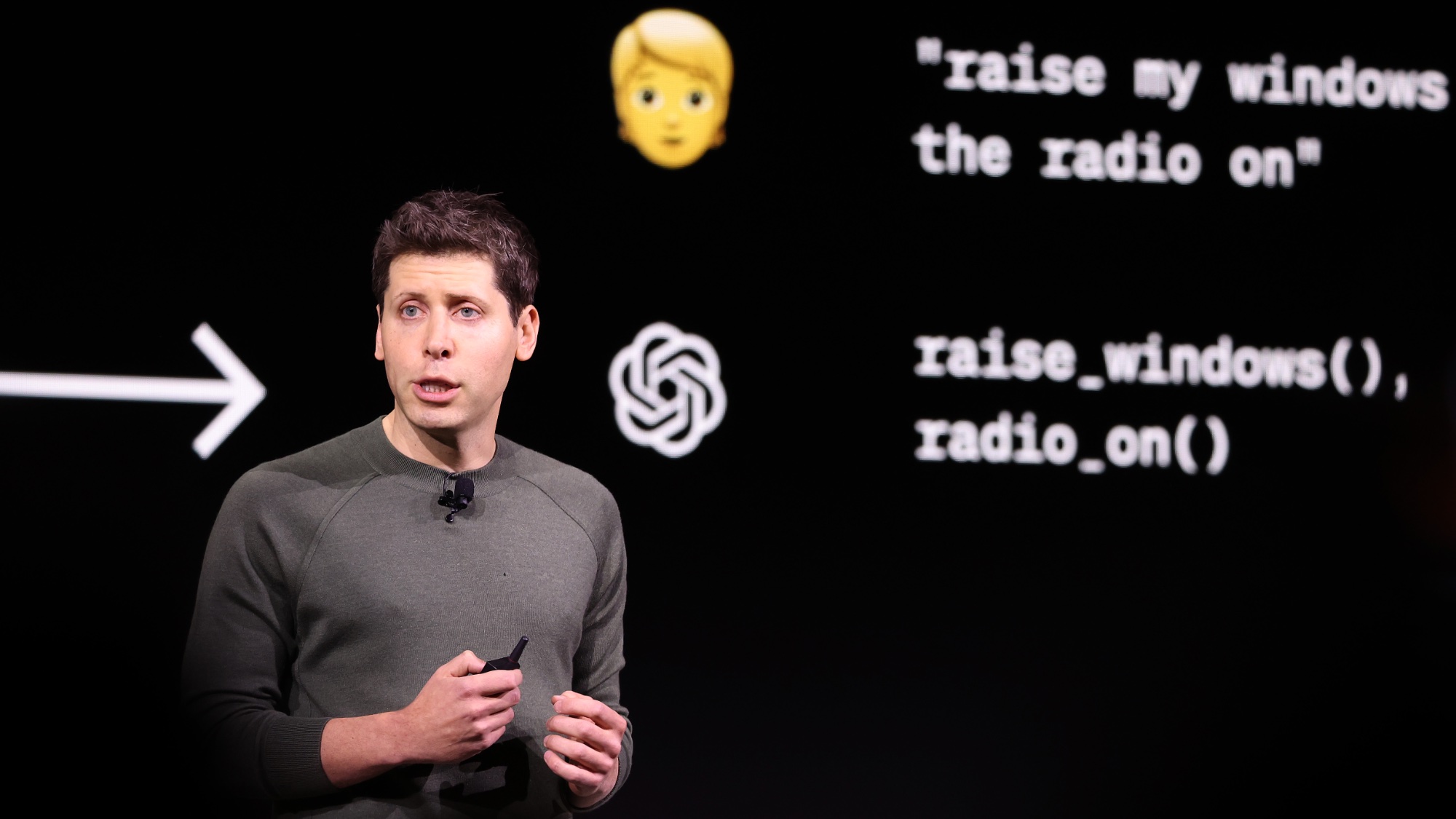OpenAI says more than 200 million people use ChatGPT every week — doubling in a year

More than 200 million users are turning to ChatGPT every week, according to new figures released by OpenAI. This is double the number of active weekly users reported by the AI lab last November and comes after more features were made available to non-paying users and 'secret upgrades' were implemented.
OpenAI is facing increasing competition in the AI chatbot space with companies adding new unique features, making it cheaper and launching models as good as GPT-4o. Despite the challenge from Meta, Anthropic, Google and others — ChatGPT still seems to be dominating.
Figures shared with Tom's Guide by OpenAI also point to a huge increase in API and enterprise users with 92% of Fortune 500 companies using OpenAI products and API use doubled since July. This followed the release of the very cheap GPT-4o mini model.
OpenAI can’t afford to sit back and relax though as it's facing challenges from Apple with Apple Intelligence offering some of the same core functionality for free, Google putting Gemini in everything it makes and Meta pushing to have MetaAI beat ChatGPT’s reach this year.
What is behind ChatGPTs success?

ChatGPT wasn’t the first AI chatbot on the market but it was one of the first aimed at a broad audience to gain mainstream attention. Launching initially as an experiment in November 2022, it very quickly hit 100 million active weekly users and now it is double that and growing fast.
Over the past few months, OpenAI has launched the native multimodal model GPT-4o and made it accessible for free in ChatGPT. It has also made image generation in DALL-E, image analysis and access to GPTs free, which helped increase the user numbers.
There are rumors that Project Strawberry will launch later this year, bringing more human-like reasoning to ChatGPT. It may have to be reviewed by the U.S. government first after OpenAI and Anthropic struck a deal to have models verified.
Get instant access to breaking news, the hottest reviews, great deals and helpful tips.
Models will be made available to the U.S. AI Safety Institute and it will work in collaboration with its counterparts in the U.K. to provide feedback on safety improvements for new models before they can be released.
More from Tom's Guide
- How to use ChatGPT to help write your resume in 9 easy steps
- How to get started with ChatGPT free model
- ChatGPT can now access the whole internet — this is big

Ryan Morrison, a stalwart in the realm of tech journalism, possesses a sterling track record that spans over two decades, though he'd much rather let his insightful articles on AI and technology speak for him than engage in this self-aggrandising exercise. As the former AI Editor for Tom's Guide, Ryan wields his vast industry experience with a mix of scepticism and enthusiasm, unpacking the complexities of AI in a way that could almost make you forget about the impending robot takeover.
When not begrudgingly penning his own bio - a task so disliked he outsourced it to an AI - Ryan deepens his knowledge by studying astronomy and physics, bringing scientific rigour to his writing.









